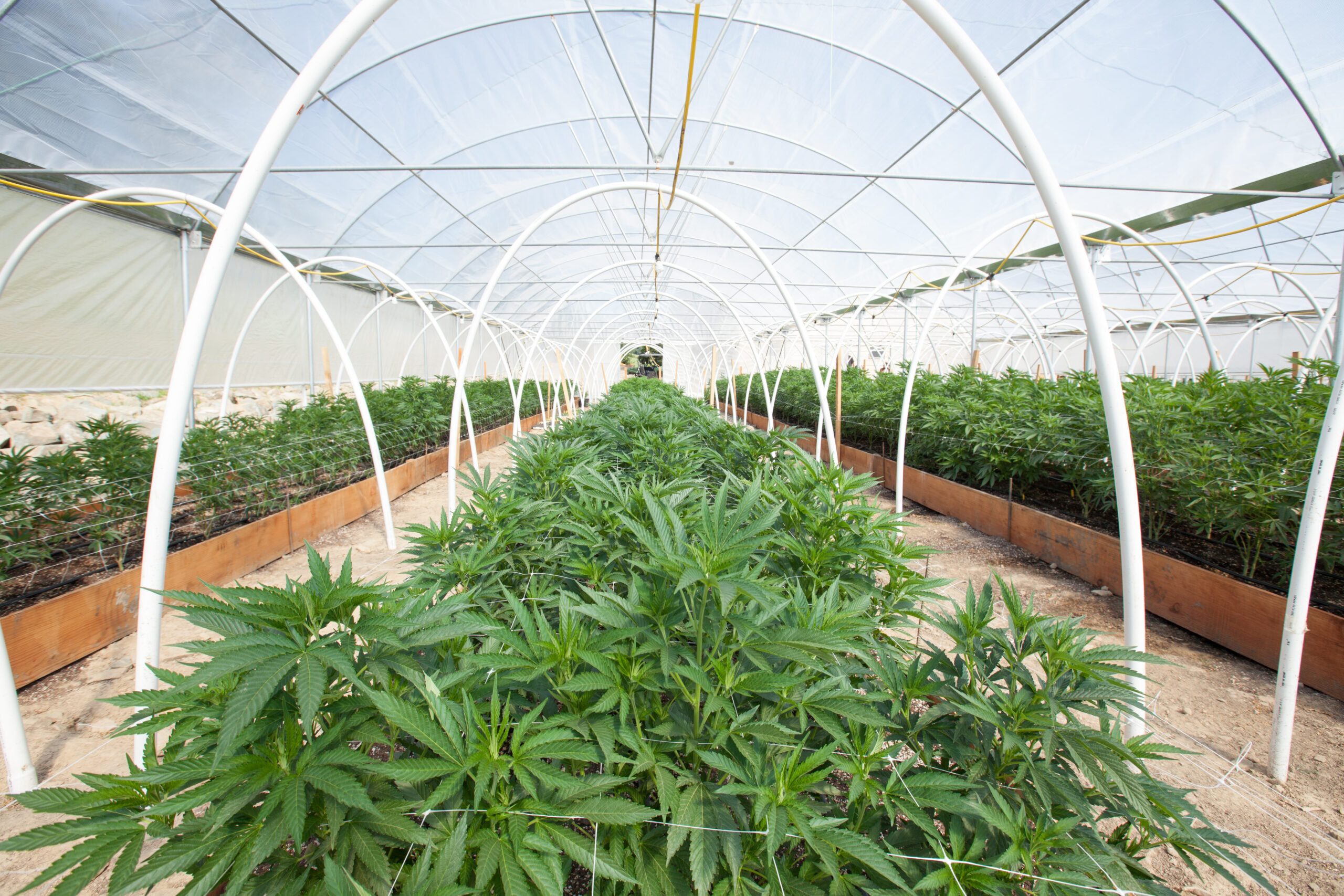Connect with us
Published
1 year agoon

Operations at a number of Washington state outdoor cannabis farms and processing facilities have halted after testing found high levels of chemicals related to a dangerous pesticide used decades ago at the site, according to an Associated Press report.
The farms and facilities are located on a former fruit orchard, where the Liquor and Cannabis Board (LCB) found DDE, a byproduct of the pesticide DDT, which the U.S. banned in 1972. The sweeping action to halt operations at the site was announced April 6, which will put dozens of people at least temporarily out of work as they prepare to plant for the spring.
Regulators issued administrative holds on 16 producer licenses and two processing licenses in the area and were told to cease operations until further notice. Since companies can hold multiple licenses in the state, it’s still unclear how many businesses were affected.
Board spokesperson Brian Smith said that the LCB is “very concerned about the jobs and businesses” affected by the site closure, though the board “felt we needed to get a message out to our licensees and to take action for public safety.”
Officials collected samples from grow operations and processors along a nearly five-mile stretch of the Okanogan River, finding that seven licenses showed high levels of DDE.
One of the affected businesses, Walden Cannabis, advertises its cannabis as “sustainably sungrown” and “pesticide-free,” but its plants absorbed the soil contaminants, which then found their way into the company’s products.
CEO Anders Taylor told AP he was stunned by the board’s action, adding it had not provided him with the test results or warned him that the administrative hold was coming. He called the hold “completely arbitrary” and said he was figuring out whether or not he would need to consider lay-offs in the future.
For Taylor’s business alone, there are seven licensed grow operations on his property, alongside processing operations, with roughly 50 workers in total.
“Orchards used DDT for a generation, and that caused widespread contamination throughout the Pacific Northwest and the whole country, really,” Taylor said. “I’m still trying to process what this means.”
The Center for Disease Control notes that the chemical was initially banned because of damage to wildlife, though studies have shown that women with high amounts of DDE in their blood were more likely to give birth prematurely or for their baby to have a wheeze. Those studies looked at ingesting the chemical, and there is less information available on the effects of inhaling DDE.
When it comes to cannabis specifically, states have also come up with their own rules about pesticide testing for their cannabis markets. Because of this, there is a wide variety of opinions and rules state-to-state regarding which pesticides are regulated and what the specific tolerance levels are. AP notes that it’s unknown how many actually require testing for legacy pesticides and their components, like DDE.
Washington’s Liquor and Cannabis Board conducts random tests for pesticides and products including DDE, but until last year, producers were not required to send samples to state-certified labs for mandatory pesticide testing. Washington’s market was the only state with legal medical and recreational cannabis that had not already passed that requirement.
The LCB is now working with businesses to determine whether products tainted by DDE made it to market so they can be pulled from the shelves, and the agency is also asking affected businesses to issue recalls on the products.
While Washington state has had to halt operations or destroy product before, it involved the recent spraying of unapproved pesticides. AP reports that this is believed to be the first time the Liquor and Cannabis Board has issued an administrative hold related to the legacy use of pesticides. It’s also the first time that the LCB issued a hold covering an entire geographic area, instead of an isolated local business, according to a board email to AP.


Study Reveals State Cannabis Legalization Lowers Immigrant Deportation


DEA Challenges Bid To Use Psilocybin Under ‘Right To Try’ Legislation


Vegans Rejoice as Farmers Switch from Chickens to Hemp


Louisiana Legislative Committee Unanimously Passes Adult-Use Cannabis Framework Bill


Louisiana House Bill to Regulate Hemp Products Advances Along With Senate Bill to Ban


Cresco Labs Workers Reportedly De-Unionize
